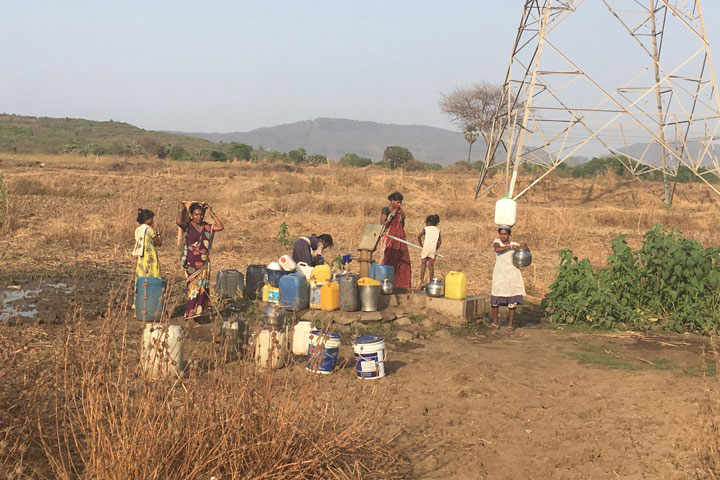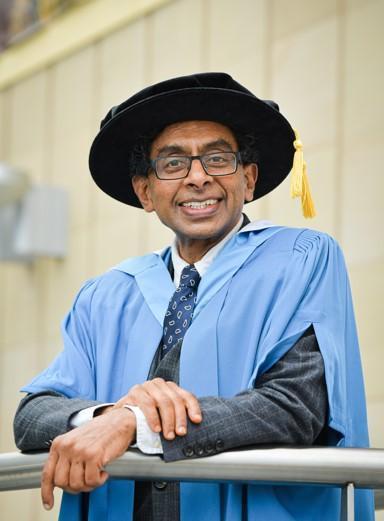Learning the lessons of community water groups
An international PhD project is exploring the vital role played by community-based water organisations in India, Indonesia and Sri Lanka.
Access to clean water and sanitation is a UN Sustainable Development Goal for 2030, but huge efforts will be needed to deliver water and sanitation services in less-developed countries. 960 million people globally live without access to clean water, and together India and Indonesia make up a large proportion of that figure.
However local community water groups in all of these countries are having considerable success in harnessing the social side of communities to deliver better distribution of limited water resources. These groups, who may be charities, faith-based institutions or social enterprises, often play a vital role in managing water conflicts where pressures on supply cause disputes, bringing community approaches to build co-operation.
The PhD project aims to discover which water groups are most successful; whether their work can influence others; and if they can be better supported in future. It is supervised by Professor Prathivadi Anand, Professor of Public Policy and Sustainability at the University of Bradford’s School of Social Sciences and Professor Amir Sharif, Professor of Circular Economy at the School of Management. Professor Anand said: “We will be investigating what works, and why – because any 2030 Development Goal will fail if it bypasses the community element. We want to better understand the contribution of community-based institutions, and to promote their activity and contribution as part of the UN goals.”
PhD student Anisha Samantara, who won this scholarship in a global competitive call for applications, will be working on the project, including carrying out field work in the countries concerned. Born in India, she speaks Hindi fluently as well as Bangla and Oriya. She said: “The system of water access needs to work much more effectively than it does at present. At the moment, the most affected people have the least power to change things. A grassroots approach, building from the ground up, has to be more effective than a trickle-down effect.”
Professor Anand noted that the current Covid19 crisis highlights the importance of access to water when the public health message has been about washing hands with soap for 20 seconds. Many peri-urban and low-income communities in the world’s poorest countries do not have access to running water and clean water is a precious commodity, so the public health implications are stark.
The project will initially involve Anisha researching case studies from all three countries. In the second year, she will travel to cities in India and Indonesia for primary field work, studying the activities of community water groups and analysing their effectiveness. Once the investigation is completed, the project team will present their findings to participants and develop a book of guidelines on best practice for community-based water management.
Professor Anand added: “It is an ambitious project, but it is achievable and we hope it will make a significant contribution to understanding how these countries can build on the successful community initiatives to better manage their limited resources.”

.jpg)
This work was funded through the Research England Quality-Related (QR) Global Challenges Research Fund (GCRF) allocation to support research that addresses the challenges faced by developing countries.


